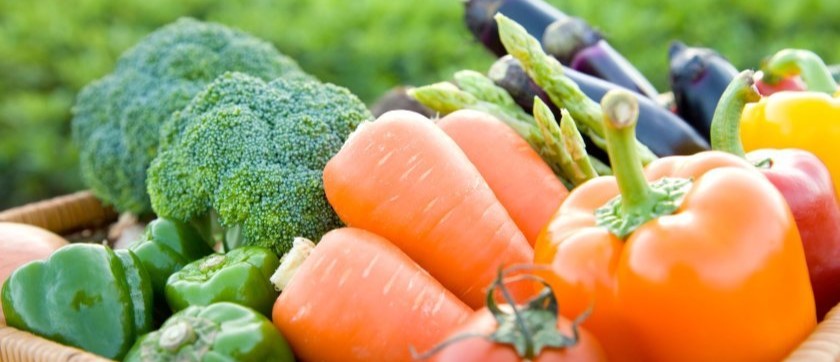
The UK government has confirmed a fresh delay to the introduction of post-Brexit sanitary and phytosanitary (SPS) checks on medium-risk fruit and vegetables from the European Union. The new implementation date has been pushed back from July 2025 to January 31, 2027.
This decision follows sustained lobbying from the Fresh Produce Consortium (FPC), which raised concerns about the operational and financial pressures these checks would have created across the fresh produce supply chain. The postponement means that around 700,000 consignments annually will continue to move without SPS checks under the UK’s Border Target Operating Model (BTOM), avoiding an estimated £200 million in added yearly costs.
The FPC welcomed the announcement, stating that the exemption would help maintain stability within the fresh produce industry, which supplies supermarkets, wholesalers, and foodservice businesses. The organization noted that without this delay, businesses would have faced significant operational challenges and higher compliance expenses.
The government’s extension aligns with the end of the UK’s Transitional Staging Period (TSP) and leaves space for continued negotiations between the UK and the EU toward a possible new SPS agreement, though no official timeline has been confirmed.
Fresh fruit and vegetables will also remain exempt from the Common User Charge (CUC) at key entry points including the Port of Dover and the Eurotunnel. This is expected to ease logistical pressures for importers using these major routes.
While the delay offers temporary relief for fresh produce importers, other sectors such as meat, dairy, fish, plants, and flowers remain subject to full SPS checks under existing border regulations.
The FPC is calling on the government to prioritize improvements at border control points, including the availability of out-of-hours inspectors for plants and flowers. The group is also urging a faster rollout of Authorised Operator status for trusted businesses and a review of the differing regulatory approaches applied to EU and non-EU imports, particularly for fresh produce such as citrus.
For now, the UK’s fresh produce industry is set to benefit from continued streamlined access, but with future border changes still on the horizon.
